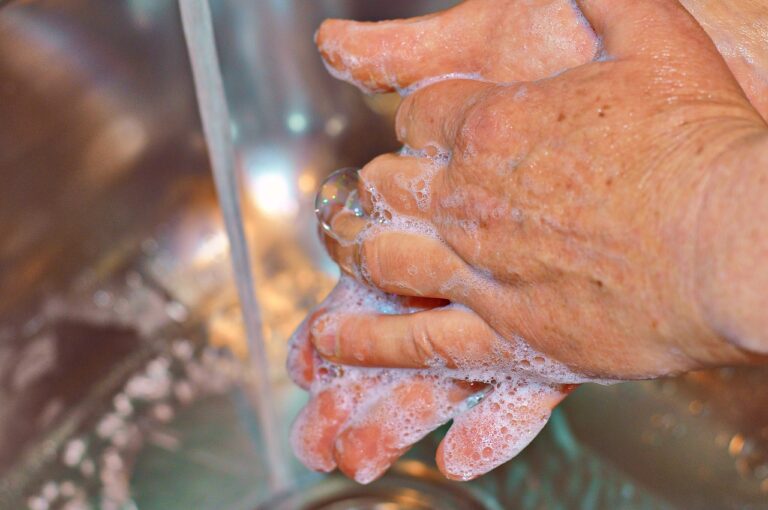Trends in Geriatric Healthcare
As the population of older adults continues to grow, the demand for quality elderly care services is increasing at a rapid pace. However, one of the major challenges faced in elderly care is the shortage of trained healthcare professionals specialized in geriatric care. This scarcity often leads to compromised quality of care for older individuals, as not all caregivers have the necessary expertise to cater to the unique needs of seniors, such as managing chronic conditions and age-related disabilities.
Another significant challenge in elderly care is the issue of social isolation and loneliness among older adults. Many seniors living in care facilities or at home alone may lack social interaction and companionship, which can have detrimental effects on their mental and emotional well-being. Addressing this challenge requires innovative solutions that promote social engagement and connection for older adults, helping them stay connected to their communities and prevent feelings of loneliness and isolation.
Advancements in Technology for Senior Health
Technology has emerged as a vital tool in enhancing the health and well-being of elderly individuals. From wearable devices that track vital signs to mobile applications that provide medication reminders, the advancements in technology have significantly improved the quality of care for seniors. These innovative solutions not only help in monitoring health metrics but also promote independence and enable older adults to lead more active lifestyles.
Furthermore, telehealth services have become increasingly popular among seniors, allowing them to consult with healthcare providers remotely. This virtual approach to healthcare has proven to be convenient and accessible for seniors who may have mobility issues or live in remote areas. Through video conferencing and remote monitoring, seniors can receive timely medical advice and follow-up care without the need for frequent in-person visits to healthcare facilities.
What are some current challenges in elderly care?
Some current challenges in elderly care include managing chronic health conditions, preventing falls, ensuring medication adherence, and addressing social isolation.
How can technology help improve senior health?
Technology can help improve senior health by enabling remote monitoring of vital signs, providing medication reminders, offering telehealth services, and promoting social connections through virtual platforms.
What are some examples of advancements in technology for senior health?
Some examples of advancements in technology for senior health include wearable devices for tracking activity levels, smart pill dispensers for medication management, telemedicine platforms for virtual doctor visits, and social robots for companionship.
How can seniors and their caregivers benefit from using technology for health?
Seniors and their caregivers can benefit from using technology for health by improving communication with healthcare providers, increasing access to healthcare services, monitoring health indicators remotely, and promoting overall well-being and independence.





